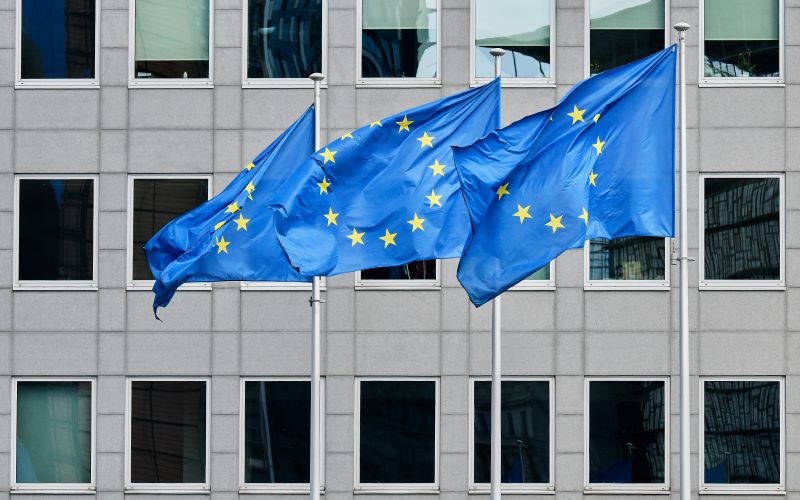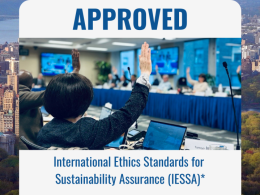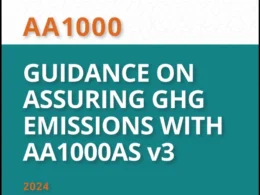The European Financial Reporting Advisory Group (EFRAG) has released revised Exposure Drafts of the European Sustainability Reporting Standards (ESRS), marking a significant step toward streamlining corporate sustainability disclosures under the EU’s Corporate Sustainability Reporting Directive (CSRD).
The move follows a formal request from the European Commission in March 2025, as part of its broader Omnibus initiative, to simplify the original ESRS adopted in 2023. The aim is to reduce the complexity of sustainability reporting while maintaining its alignment with the European Green Deal and ensuring continued relevance for stakeholders.
Responding to extensive feedback from companies already reporting under the CSRD—as well as those preparing to do so—EFRAG undertook a comprehensive revision of the standards. Drawing on over 800 survey responses and direct stakeholder engagement, the organisation implemented both top-down and bottom-up reforms to enhance clarity, reduce redundancy, and improve usability.
Key changes include:
- A 57% reduction in mandatory datapoints (where material),
- A 68% cut in total disclosures, including voluntary ones,
- A 55% decrease in overall document length,
- Streamlined double materiality assessments,
- Elimination of all voluntary disclosures,
- Introduction of relief mechanisms, including exemptions for reporting deemed to cause undue cost or effort.
These revisions are intended to ease the burden on companies, particularly smaller entities that will fall under the CSRD’s scope in the coming years, without compromising the integrity of the sustainability information provided.
While the formal public consultation launched on 31 July and will remain open until 29 September 2025, EFRAG is also conducting a cost-benefit analysis and field testing in parallel. Outreach events are planned for September and October to gather additional input ahead of the organisation’s final technical advice to the European Commission, due by 30 November 2025.
Patrick de Cambourg, Chair of the EFRAG Sustainability Reporting Board, stated: “EFRAG is fully aligned with the strategic vision set out by the European Commission. These revisions aim to deliver what Europe needs at this moment: a more focused, more usable sustainability reporting system that remains ambitious but does not overburden companies.”
Chiara Del Prete, Chair of EFRAG’s Sustainability Reporting Technical Expert Group, added: “The Exposure Drafts that we put in consultation today are the result of an intense period of input gathering and internal discussions… We now look forward to continuing this dialogue and receiving the comments of our stakeholders on what we propose.”
The revised drafts represent a decisive attempt to ensure that sustainability reporting remains a tool for resilience, investment, and long-term value creation—rather than a compliance burden.



















